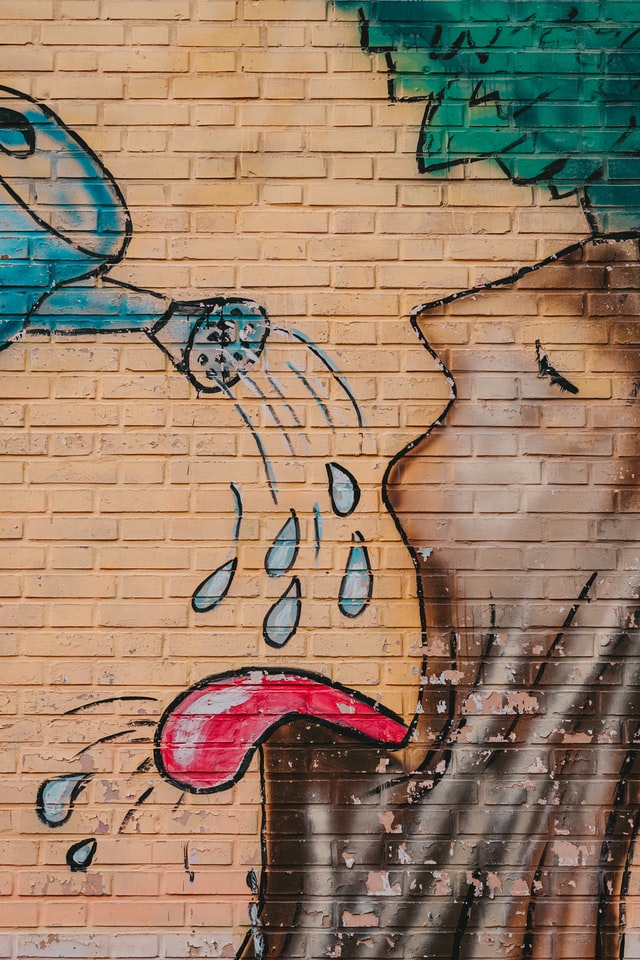Why didn’t you tell anyone how sick you were?
How at night you stumbled
Mouth like a desert to the bathroom
Neck aching from arching to the tap?
A rude, unquenchable thirst
From waking to sleeping
In bed you felt your bones
They seemed to grow
Why could no one else know?
How did you hide the poison that was eating you?
All the time, thinner and thinner
Androgynous
Until numb toes, sore throat, sore back
Assaulted you in private
And you cried
But only on the inside.
Heavy, insidious fatigue
Like a curtain in the classroom
Eyes closed concealed the secret
Not showing the fear
Not wanting to admit
And all the time wishing it wasn’t true
Praying for it not to be you.
I was diagnosed with Type 1 diabetes three weeks before my GCSEs, but have never admitted that I knew I had had it for at least nine months before then. I had all the classical symptoms, and so I don’t really know how I managed to carry on for so long, but I gradually found ways of explaining the obvious ones like weight loss and excessive water consumption and hiding the others. I am a rational person, and yet I denied myself vital medical help because I was too scared to admit I was very ill; I knew the result of a urine test would be unequivocal, but said to my GP that I didn’t think it was worth my doing one. What I most remember from that time, was the feeling of having an awful secret that once let out would mean my life changed for ever, and I couldn’t deal with that. I find it hard to understand how I subjected my body to such harm, it seems like I am writing about someone else when I recall that time, which is why “Thirst” is in the second person.
Whole Person Care

Short, sweet, to the point, FREE-exactly as information should be!
This poem provides a fascinating insight into how the poet dealt with the burden of knowing that they had a serious health problem. The poet tried to conceal their symptoms from others, but most importantly themselves, due to the fear of admitting and fully realising that they had a serious health problem. The use of the second person pronoun ‘you’ throughout the poem is critical in illustrating how the poet now realises the potential harm that they put themselves through by not admitting that they had Type 1 Diabetes. As such, the voice in the poem has a completely different thought process that the poet, even though they are the same person.
The voice portrays an extremely conflicted mental state throughout the poem. This is evidenced by the many interrogatives, which suggest that the voice is constantly questioning their own decision making. The hyperbolic simile where the voice likens their dry mouth to a ‘desert’, among other striking uses of imagery, conveys the high severity of their symptoms. Nevertheless, the voice chooses to internalise their pain, which is emphasised by the anaphora of the word ‘not’ in the final stanza. This repetition represents the fact that the voice is retracting into their shell and not taking action/seeking the medical attention that they desperately need, because the word ‘not’ negates any ideas of tackling the problem head on.
Despite the conflicting readings of the poem, it is possible to see that the voice knows exactly what they should be doing in the situation (i.e. admitting to themselves that they have an illness). There is a clear sense of denial in the closing couplet:
‘And all the time wishing it wasn’t true
Praying for it not to be you.’
This denial is met by the inevitability that the voice’s fears are real. The motif of the rhyming couplets at the end of each stanza puts a larger emphasis on the meaning of the closing couplet, as these final two lines are what the voice and reader are left with at the end of the poem, and therefore it seems that the voice has resorted to wishes and prayers rather than logic and reason by the end of the poem. It is interesting that the voice has indeed in some way rationalised their symptoms and is no longer questioning what is happening to them (a point which is emphasised by the cessation of the interrogatives in the final stanza) yet still made the decision to desperately try to escape from the harsh reality of the truth. Therefore, this poem shows how the poet’s thought processes were severely altered by the knowledge of their illness, and raises awareness to the reader to seek help when struggling as it will be better in the long term.